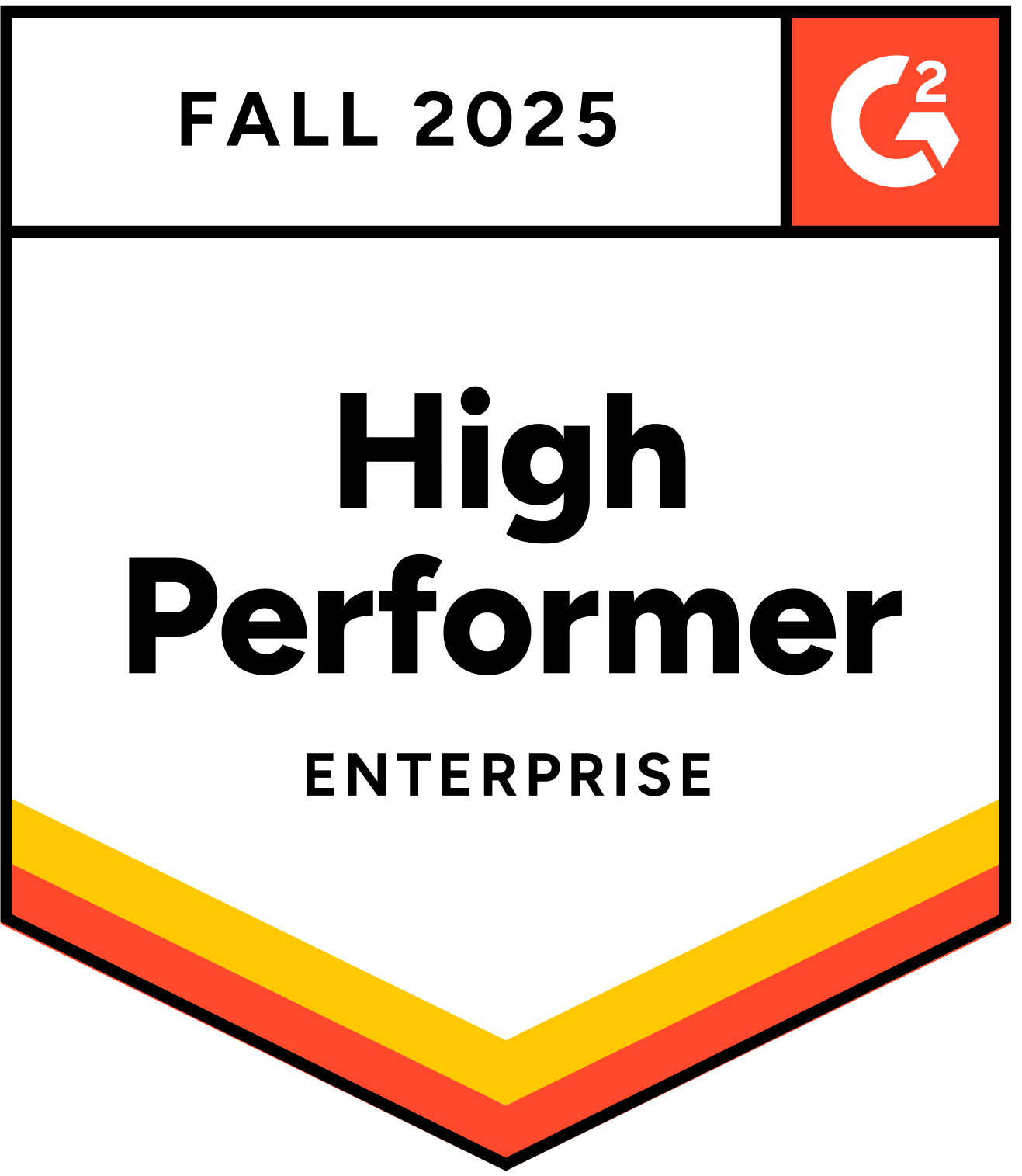Summary –
Event-staffing for FIFA 2026 demands filling over 823,000 roles across three countries – creating a complex talent-acquisition puzzle. Success requires combining massive candidate pools, AI-driven matching, automated compliance workflows, and real-time staffing orchestration to handle cross-border regulations, cultural fit, and shifting demand.
The 2026 FIFA World Cup will be the largest sporting event in history. Sixteen cities across three countries. 823,000 jobs to fill. $40.9 billion in economic impact.
It’s also the most complex workforce challenge anyone’s ever attempted. The hiring decisions made in the next 18 months will determine whether this unprecedented event succeeds or becomes a logistical disaster.
Why Standard Hiring Won’t Work
Everyone thinks FIFA just needs to post more job listings. Wrong. This requires coordination across time zones, borders, and completely different legal systems.
A security coordinator in Seattle must follow US labor laws while their Vancouver counterpart works under Canadian regulations. A Guadalajara hospitality manager needs Spanish fluency, cultural awareness, and technical skills in the same role.
Staff will move between venues as demands shift. Venue needs to change hourly. Local regulations vary by jurisdiction. Candidate availability shifts in real time. Static job boards and standard applicant tracking systems can’t handle this complexity.
The Perfect Storm Facing the Event Staffing
FIFA 2026 arrives at the worst possible time for event staffing. Experienced professionals left the industry during the pandemic. Entry-level workers struggle to break in. Today’s event jobs require logistics expertise, cultural awareness, and regulatory compliance – a combination that’s increasingly rare.
Temporary event workers have 20-30% no-show rates. You need people who can adapt to constant change, not just anyone willing to show up. Most hiring systems don’t track where things go wrong, making it impossible to improve.
Five Critical Failure Points
Even if organizers find enough candidates, five major problems threaten execution:
- Geographic inflexibility kills agility. When Vancouver suddenly needs 200 more security guards, legacy platforms can’t pivot recruitment to nearby cities fast enough.
- Legal complexity creates bottlenecks. Managing US, Canadian, and Mexican employment law simultaneously requires real-time expertise that most systems lack.
- Cultural mismatches damage the guest experience. Perfect credentials mean nothing if staff can’t connect with local audiences and customs.
- Outdated information leads to poor decisions. Staff get recommended for roles without current data on venue logistics, shift requirements, or capacity changes.
- Slow adaptation creates costly gaps. Venue needs change daily while job postings and hiring workflows operate on weekly cycles.
What FIFA-Scale Hiring Actually Requires
Success requires systems that make intelligent workforce decisions at massive scale:
- Intelligent talent matching goes beyond basic qualifications. Match candidates by skill, location, availability, and cultural fit. Balance local versus traveling talent based on cost and shift coverage. Automatically identify redeployment opportunities as roles evolve.
- Automated compliance eliminates legal bottlenecks. Provide instant visibility into visa, work permit, and tax requirements. Create automated workflows by country, region, and role type. Alert when labor regulations change across all three countries.
- Cultural intelligence improves guest satisfaction. Tag candidates by language, market experience, and cultural knowledge. Match hospitality staff to guest segments they understand. Optimize workforce localization to reduce turnover.
- Predictive planning prevents staffing failures. Forecast talent needs by venue, role type, and demand spikes. Model staffing scenarios and trigger backup plans. Sync shifts and candidate availability across four time zones.
Why Current HR Tech Can’t Handle This
Great strategy means nothing if your tech can’t handle it. Here’s where most systems fail:
- Most hiring platforms would collapse under FIFA’s complexity. Single-tenant systems can’t manage multi-country compliance. Regional job boards offer no visibility into mobile, multilingual talent pools. Manual scheduling tools can’t adapt when crowd size or weather changes staffing needs.
- Modern event staffing requires API-first platforms with real-time sync across geography and roles. Machine learning models trained on live event patterns. Automated compliance engines for country-specific labor laws. Mobile-first candidate experience since over 70% of event workers apply via mobile.
The Data Security Challenge
Global hiring creates massive security risks. Candidate data flows across borders and must meet strict privacy regulations in real time – GDPR for EU volunteers, Mexican Federal Data Protection Law for local hires, Canadian PIPEDA for hospitality workers, and various US state laws.
This requires end-to-end encryption, geo-fenced data storage, automated retention policies, and real-time threat detection across 16+ event networks.
The AI That Could Make This Work
Three AI components working together could solve FIFA’s workforce puzzle:
- Predicting availability means knowing when talent will be active. Machine learning analyzes job-seeking behavior and economic signals to identify optimal recruitment windows – like Q1 2026, before peak competition for hospitality and logistics roles begins.
- Finding hidden talent connects dots that humans miss. AI might discover that cruise ship security officers share 87% skill overlap with stadium security, even though conventional platforms would never make that connection.
- Real-time orchestration handles staff reassignment based on changing conditions – venue load spikes, weather disruptions, or crowd flow models that determine when to scale security up or down.
Your FIFA Playbook
- Start mapping talent pools now. Build location-specific candidate databases across all 16 host cities. Track cultural fit, availability, and compliance requirements, not just resumes.
- Automate compliance workflows. Set up processes for hiring, tax, and onboarding rules across borders before you need them.
- Design flexible roles. Structure positions to evolve with venue needs. Build pivot capability into every job description.
- Plan for dropouts. Temporary staffing brings 20%+ no-show risk. Build backup layers and real-time reassignment into every process.
The Bottom Line
FIFA 2026 is a $40 billion test case for the future of large-scale event staffing. The organizations that crack this code – hiring across three countries, 16 cities, and conditions that change hourly – will have a blueprint for managing complex workforce challenges anywhere.
The world will be watching. Will your workforce planning be ready?















